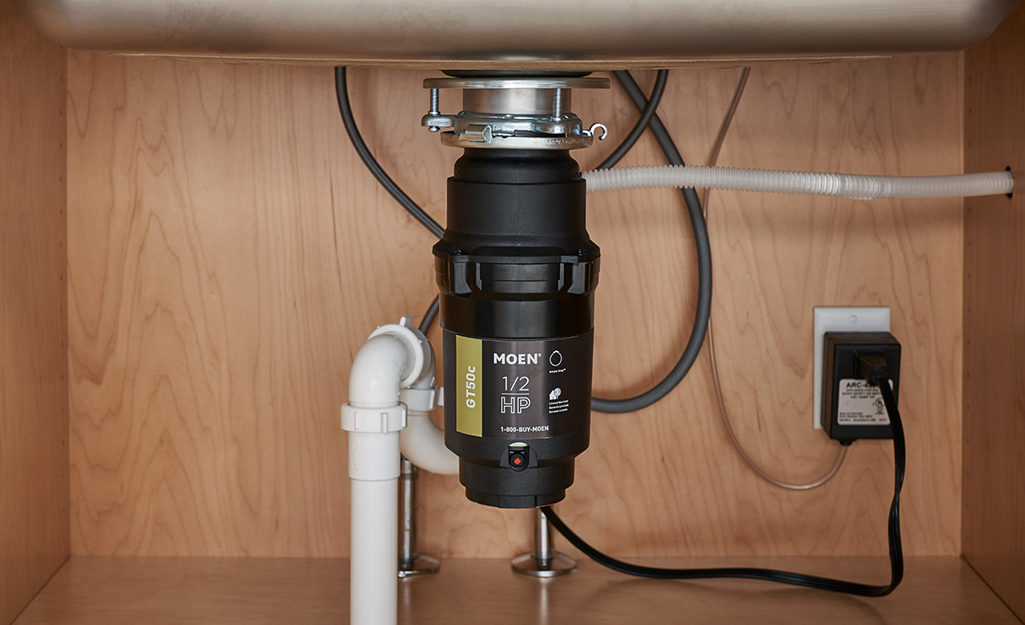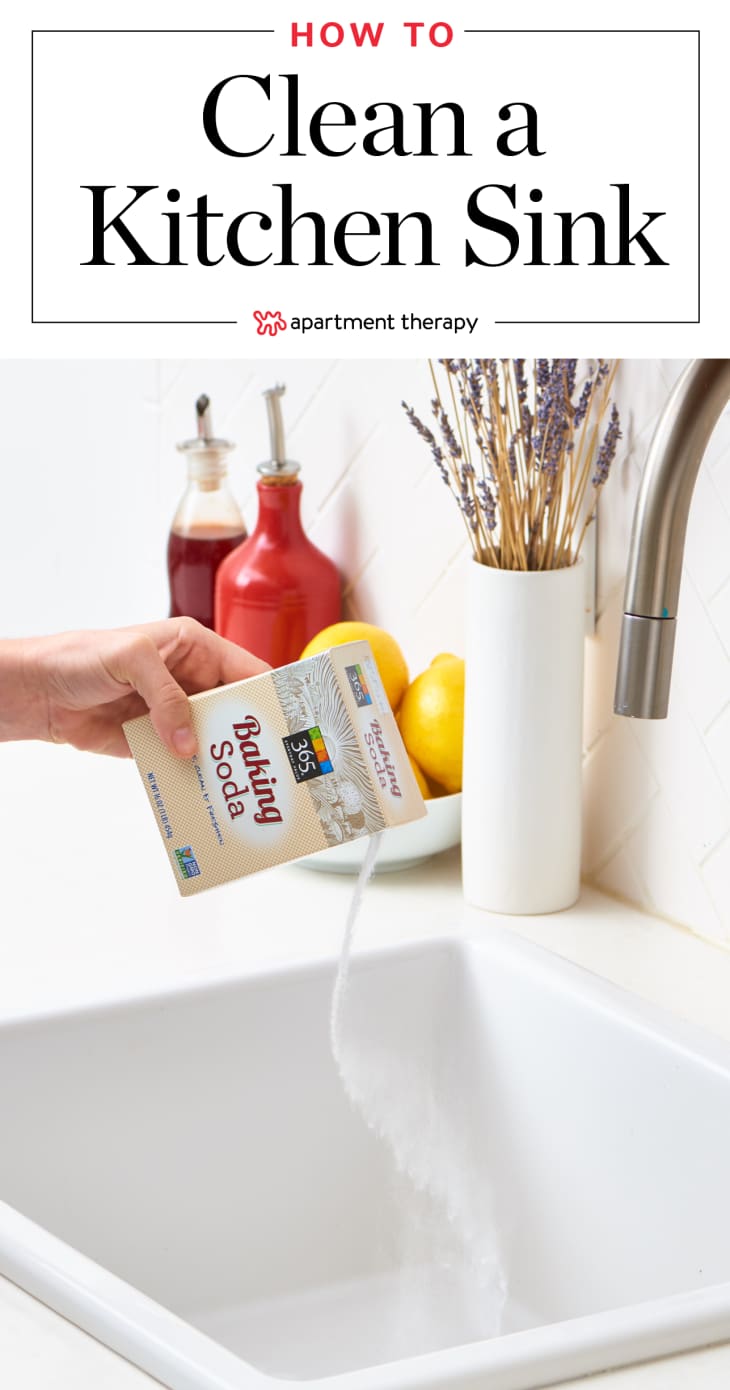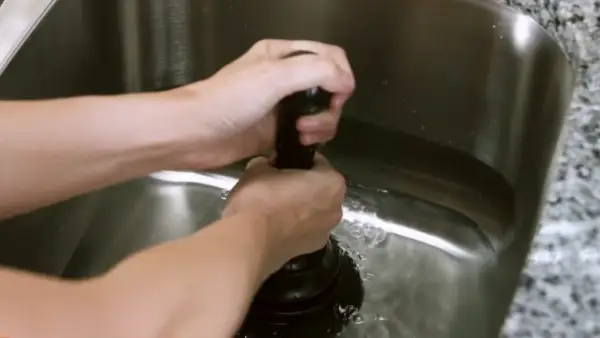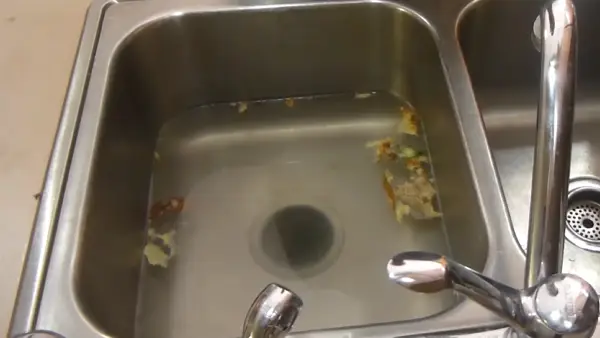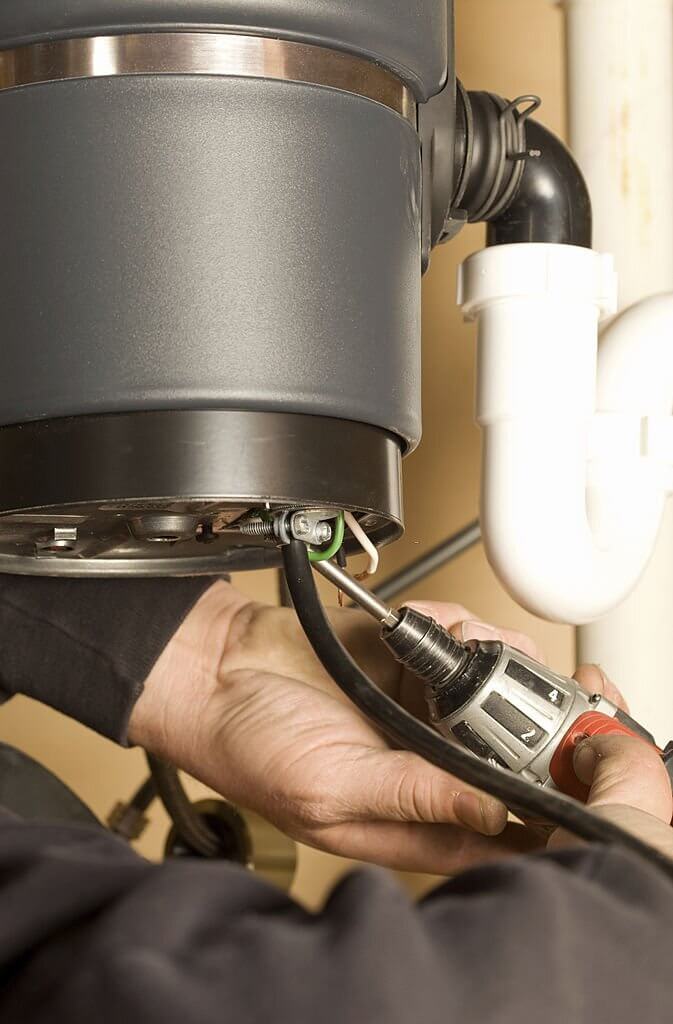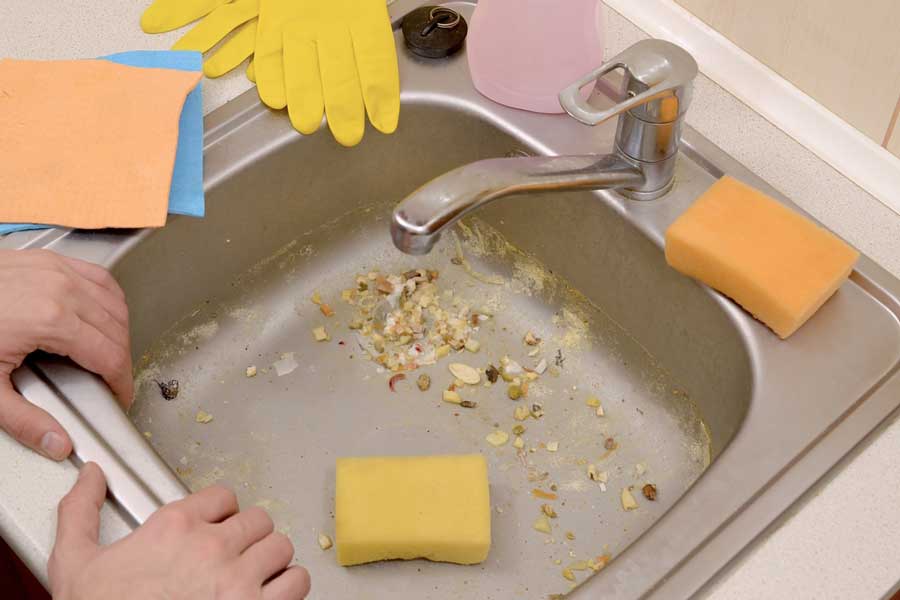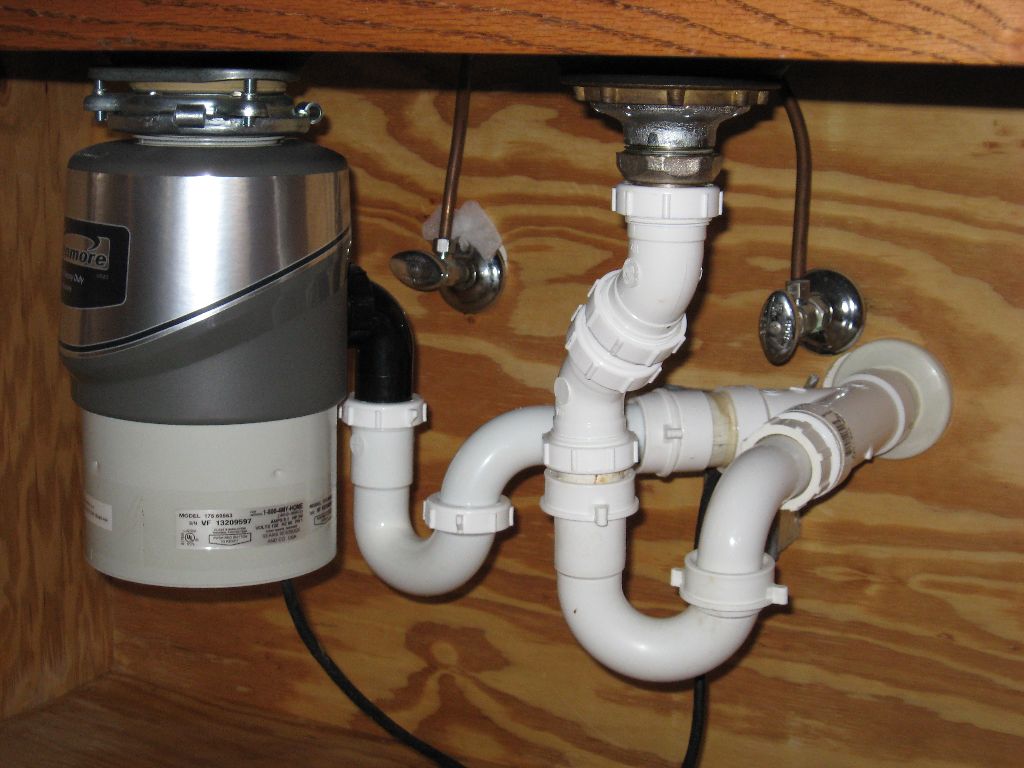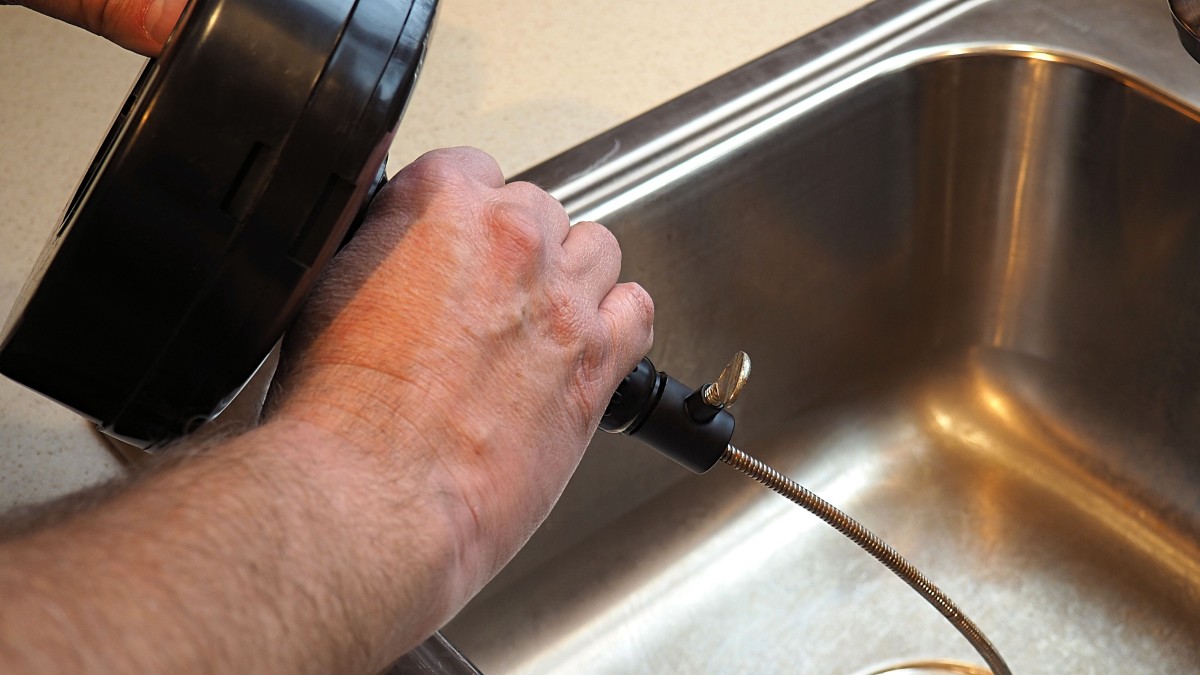If you're dealing with a clogged kitchen sink disposal, it can be a frustrating and inconvenient problem. However, with the right methods, you can unclog your disposal and have it working like new in no time. In this section, we'll walk you through the steps to unclog your kitchen sink disposal and get your sink back to normal. 1. How to Unclog a Kitchen Sink Disposal
If you're a fan of do-it-yourself projects, you'll be happy to know that there are several methods you can try to unclog your kitchen sink disposal. One of the most popular methods is using a plunger. Simply place the plunger over the drain and push up and down to create suction and dislodge any clogs. You can also try using a mixture of hot water and dish soap, or a combination of baking soda and vinegar. These household items can help break down food particles and clear the clog.2. DIY Methods for Unclogging a Kitchen Sink Disposal
Understanding the common causes of a clogged kitchen sink disposal can help you prevent future clogs and keep your disposal running smoothly. Some of the most common causes of clogs include putting large or hard items down the disposal, such as bones, fruit pits, or coffee grounds. Grease and oil can also solidify in the disposal and cause clogs. By being mindful of what you put down the disposal, you can avoid these common causes of clogs.3. Common Causes of a Clogged Kitchen Sink Disposal
If you choose to use baking soda and vinegar to unclog your kitchen sink disposal, the process is simple. First, pour a cup of baking soda down the drain. Then, pour a cup of vinegar down the drain and immediately cover the drain with a stopper. The mixture will create a chemical reaction that can help break down any food particles or grease that is causing the clog. After about 10-15 minutes, remove the stopper and run hot water down the drain to flush out the clog.4. Using Baking Soda and Vinegar to Unclog a Kitchen Sink Disposal
Prevention is key when it comes to keeping your kitchen sink disposal free of clogs. Some helpful tips to prevent clogs include avoiding putting large or hard items down the disposal, running cold water while using the disposal, and avoiding pouring grease or oil down the drain. It's also important to regularly clean your disposal to prevent buildup and keep it running smoothly.5. Tips for Preventing Clogs in Your Kitchen Sink Disposal
If DIY methods aren't successful in unclogging your kitchen sink disposal, it may be time to call in a professional. A plumber or handyman will have the necessary tools and expertise to unclog your disposal safely and effectively. They may use methods such as a plumbing snake or hydro jetting to clear the clog. While it may cost more than DIY methods, it can save you time and frustration in the long run.6. Professional Methods for Unclogging a Kitchen Sink Disposal
If you've tried various methods to unclog your kitchen sink disposal and it still won't budge, there could be a larger issue at play. In this case, it's important to troubleshoot the problem and determine if the disposal needs to be repaired or replaced. You can try resetting the disposal by pressing the reset button or checking for any blockages or damage to the disposal. If the problem persists, it's best to seek professional help.7. How to Troubleshoot a Kitchen Sink Disposal That Won't Unclog
Proper maintenance is crucial for keeping your kitchen sink disposal running smoothly and avoiding clogs. Be sure to run cold water while using the disposal, avoid putting large or hard items down the drain, and regularly clean the disposal to prevent buildup. It's also important to be mindful of what you put down the disposal and avoid dumping grease or oil down the drain, as it can solidify and cause clogs.8. The Importance of Proper Maintenance for Your Kitchen Sink Disposal
If you choose to use chemicals to unclog your kitchen sink disposal, it's important to do so safely. Always read and follow the instructions on the label carefully, and wear protective gear such as gloves and goggles. It's also important to avoid mixing different chemicals, as this can create harmful fumes. If you're unsure or uncomfortable using chemicals, it's best to seek professional help.9. How to Safely Use Chemicals to Unclog a Kitchen Sink Disposal
While regular maintenance and proper use can extend the life of your kitchen sink disposal, there will come a time when it needs to be replaced. Some signs that your disposal may need to be replaced include frequent clogs, strange noises or odors, and leaks. Additionally, if your disposal is more than 10 years old, it may be time to consider replacing it. A new disposal can improve the efficiency and functionality of your kitchen sink, making it a worthwhile investment.10. Signs That Your Kitchen Sink Disposal Needs to Be Replaced
How to Effectively Unclog Your Kitchen Sink Disposal

Keep Your Kitchen Running Smoothly with These Tips
 A clogged kitchen sink disposal can quickly become a major inconvenience in your daily routine. Not only does it disrupt your ability to wash dishes and prepare food, but it can also lead to unpleasant odors and potential plumbing issues. Fortunately, with a few simple steps, you can easily
unclog your kitchen sink disposal and get your kitchen back up and running
.
A clogged kitchen sink disposal can quickly become a major inconvenience in your daily routine. Not only does it disrupt your ability to wash dishes and prepare food, but it can also lead to unpleasant odors and potential plumbing issues. Fortunately, with a few simple steps, you can easily
unclog your kitchen sink disposal and get your kitchen back up and running
.
Identify the Cause of the Clog
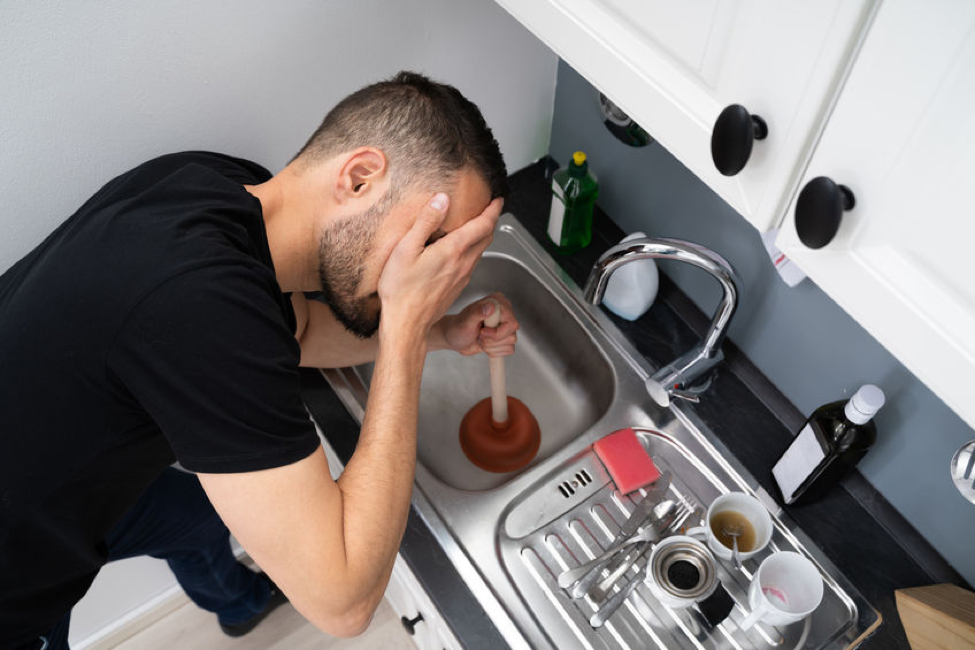 Before diving into unclogging your kitchen sink disposal, it's important to understand what caused the clog in the first place. The most common culprits are food scraps, grease, and other debris that get stuck in the disposal blades or drain pipe. It's important to
avoid putting large or hard objects down the disposal, as well as fibrous foods like celery or potato peels
, which can get tangled in the blades and cause a blockage.
Before diving into unclogging your kitchen sink disposal, it's important to understand what caused the clog in the first place. The most common culprits are food scraps, grease, and other debris that get stuck in the disposal blades or drain pipe. It's important to
avoid putting large or hard objects down the disposal, as well as fibrous foods like celery or potato peels
, which can get tangled in the blades and cause a blockage.
Try the Plunger Method
 One of the easiest and most effective ways to
unclog your kitchen sink disposal is by using a plunger
. First, fill the sink with a few inches of water to create a seal. Next, place the plunger over the drain and pump it up and down several times. This suctioning action can help dislodge any debris or buildup in the disposal and allow it to flow down the drain.
One of the easiest and most effective ways to
unclog your kitchen sink disposal is by using a plunger
. First, fill the sink with a few inches of water to create a seal. Next, place the plunger over the drain and pump it up and down several times. This suctioning action can help dislodge any debris or buildup in the disposal and allow it to flow down the drain.
Use Baking Soda and Vinegar
 For a natural and eco-friendly solution, try using a mixture of
baking soda and vinegar
to unclog your kitchen sink disposal. Start by pouring half a cup of baking soda down the drain, followed by one cup of vinegar. Let the mixture sit for a few minutes, then flush it with hot water. The chemical reaction between the two ingredients can help loosen and dissolve any blockages.
For a natural and eco-friendly solution, try using a mixture of
baking soda and vinegar
to unclog your kitchen sink disposal. Start by pouring half a cup of baking soda down the drain, followed by one cup of vinegar. Let the mixture sit for a few minutes, then flush it with hot water. The chemical reaction between the two ingredients can help loosen and dissolve any blockages.
Call in the Professionals
 If the above methods don't work or you're dealing with a particularly stubborn clog, it may be time to call in the professionals. A licensed plumber will have the tools and expertise to safely and effectively
unclog your kitchen sink disposal
without causing any damage to your plumbing system.
If the above methods don't work or you're dealing with a particularly stubborn clog, it may be time to call in the professionals. A licensed plumber will have the tools and expertise to safely and effectively
unclog your kitchen sink disposal
without causing any damage to your plumbing system.
Prevent Future Clogs
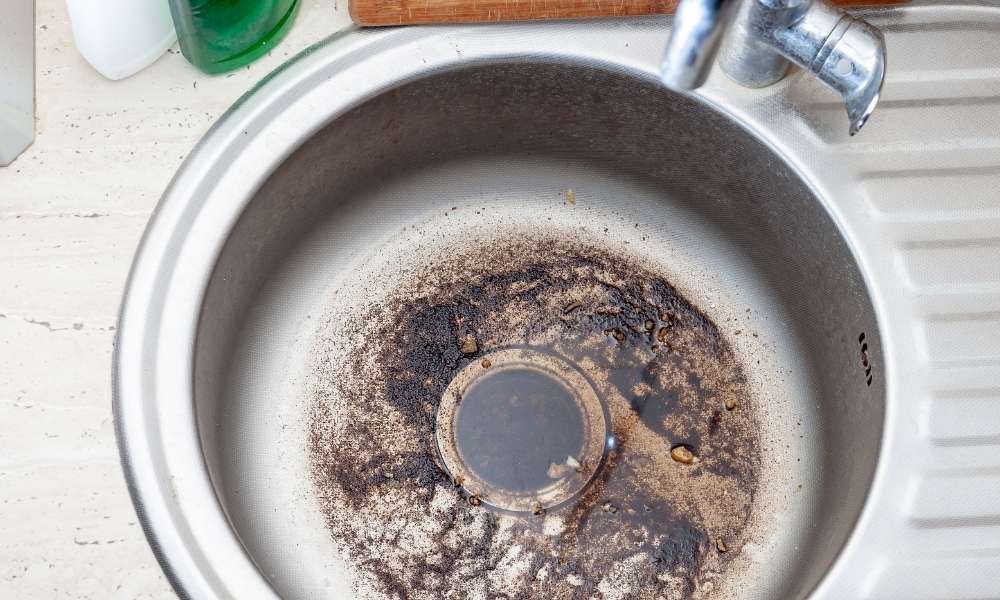 To avoid dealing with a clogged kitchen sink disposal in the future, it's important to take preventive measures.
Regularly flushing your disposal with hot water and running it with a small amount of dish soap can help keep it clean and free of debris
. You can also invest in a drain guard to catch any large food scraps before they go down the disposal.
To avoid dealing with a clogged kitchen sink disposal in the future, it's important to take preventive measures.
Regularly flushing your disposal with hot water and running it with a small amount of dish soap can help keep it clean and free of debris
. You can also invest in a drain guard to catch any large food scraps before they go down the disposal.
In Conclusion
 A clogged kitchen sink disposal can be a frustrating and messy problem, but with these tips, you can easily
unclog your kitchen sink disposal and keep your kitchen running smoothly
. Remember to be cautious with what you put down your disposal and take preventive measures to avoid future clogs. And if all else fails, don't hesitate to call in the professionals for help.
A clogged kitchen sink disposal can be a frustrating and messy problem, but with these tips, you can easily
unclog your kitchen sink disposal and keep your kitchen running smoothly
. Remember to be cautious with what you put down your disposal and take preventive measures to avoid future clogs. And if all else fails, don't hesitate to call in the professionals for help.

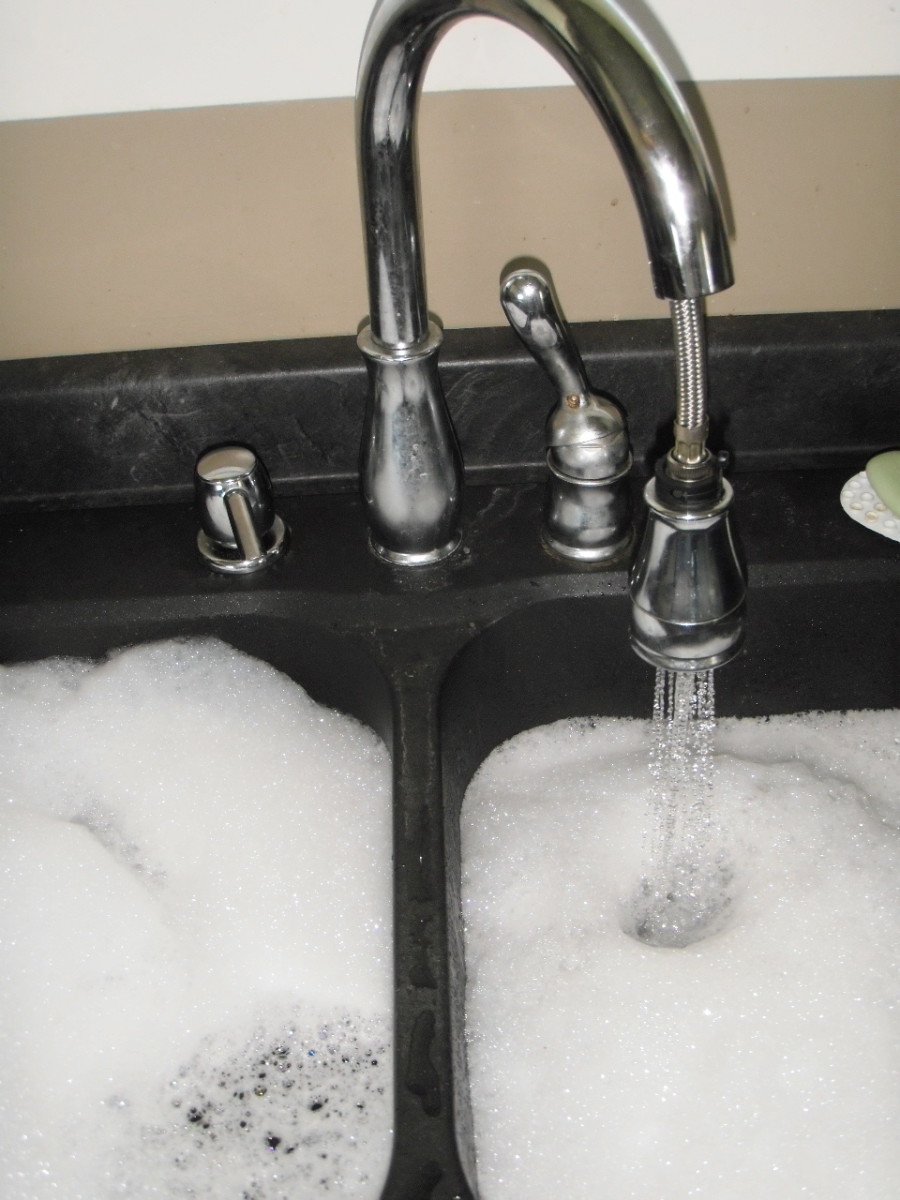


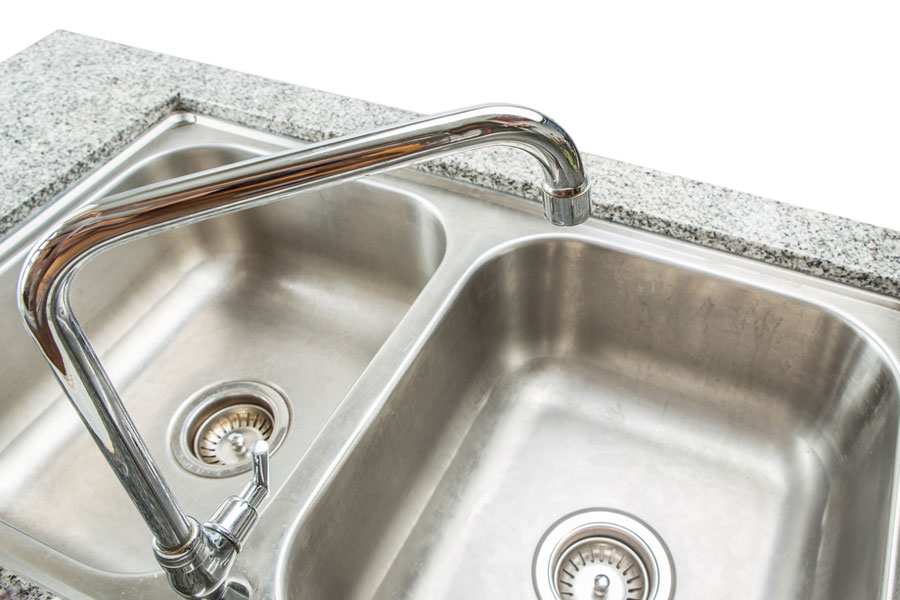
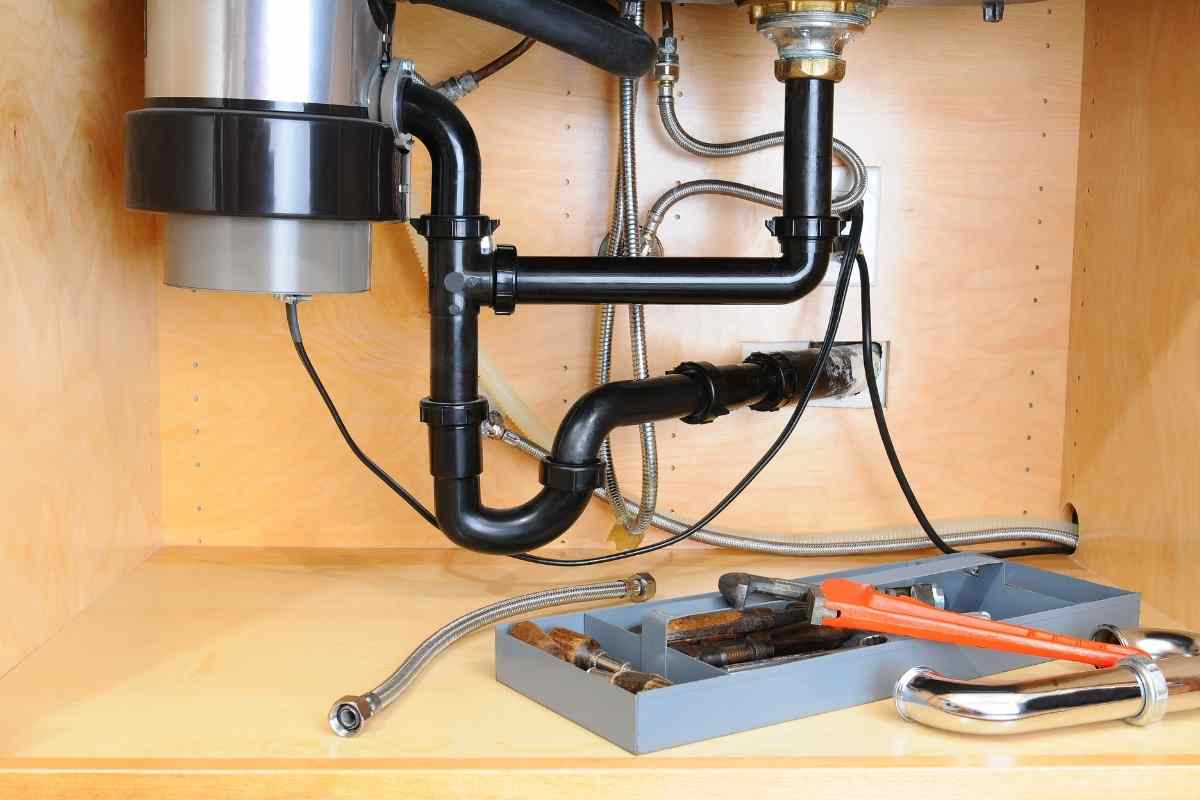

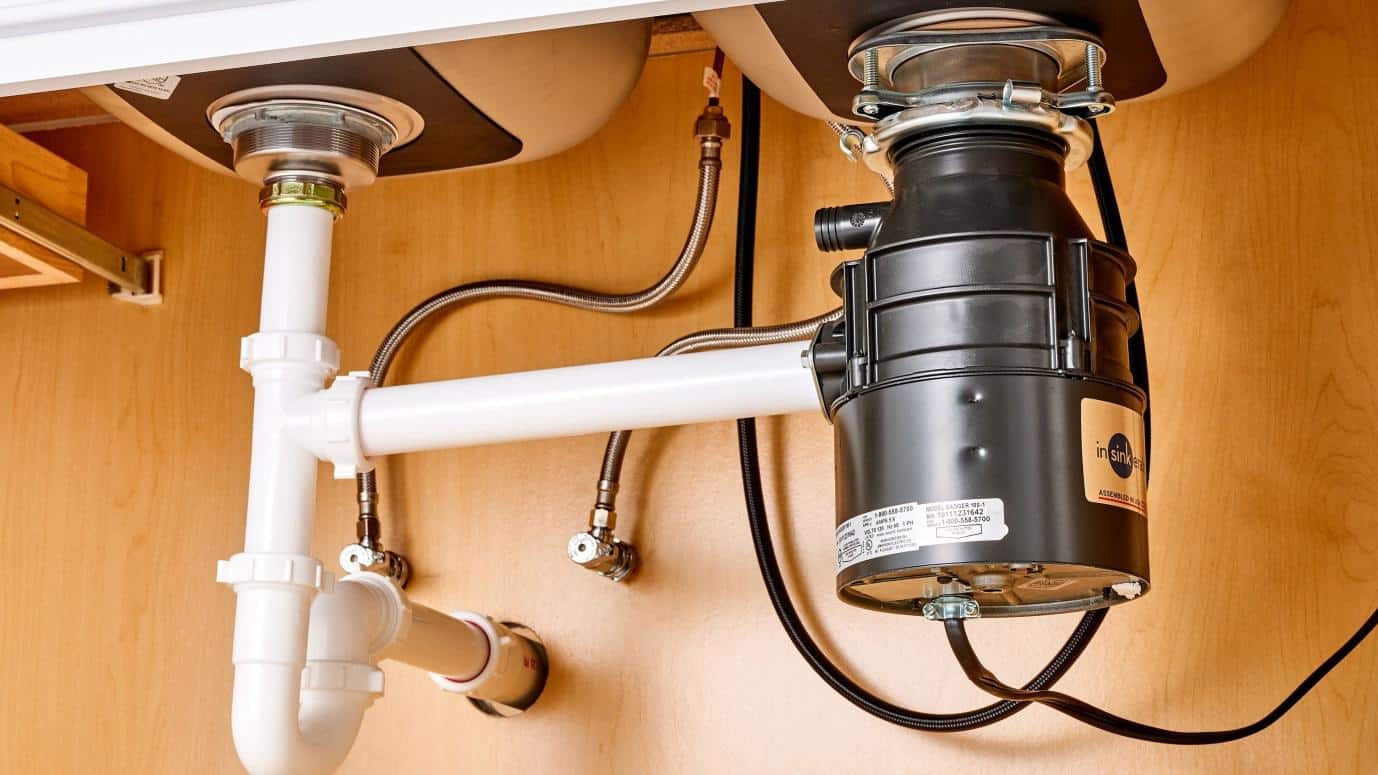





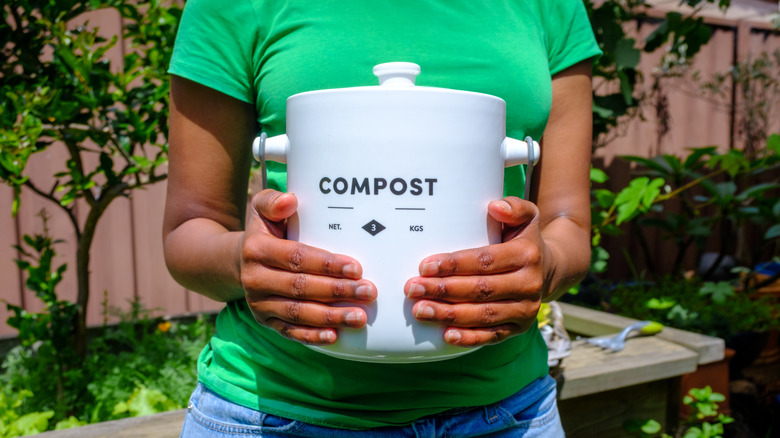

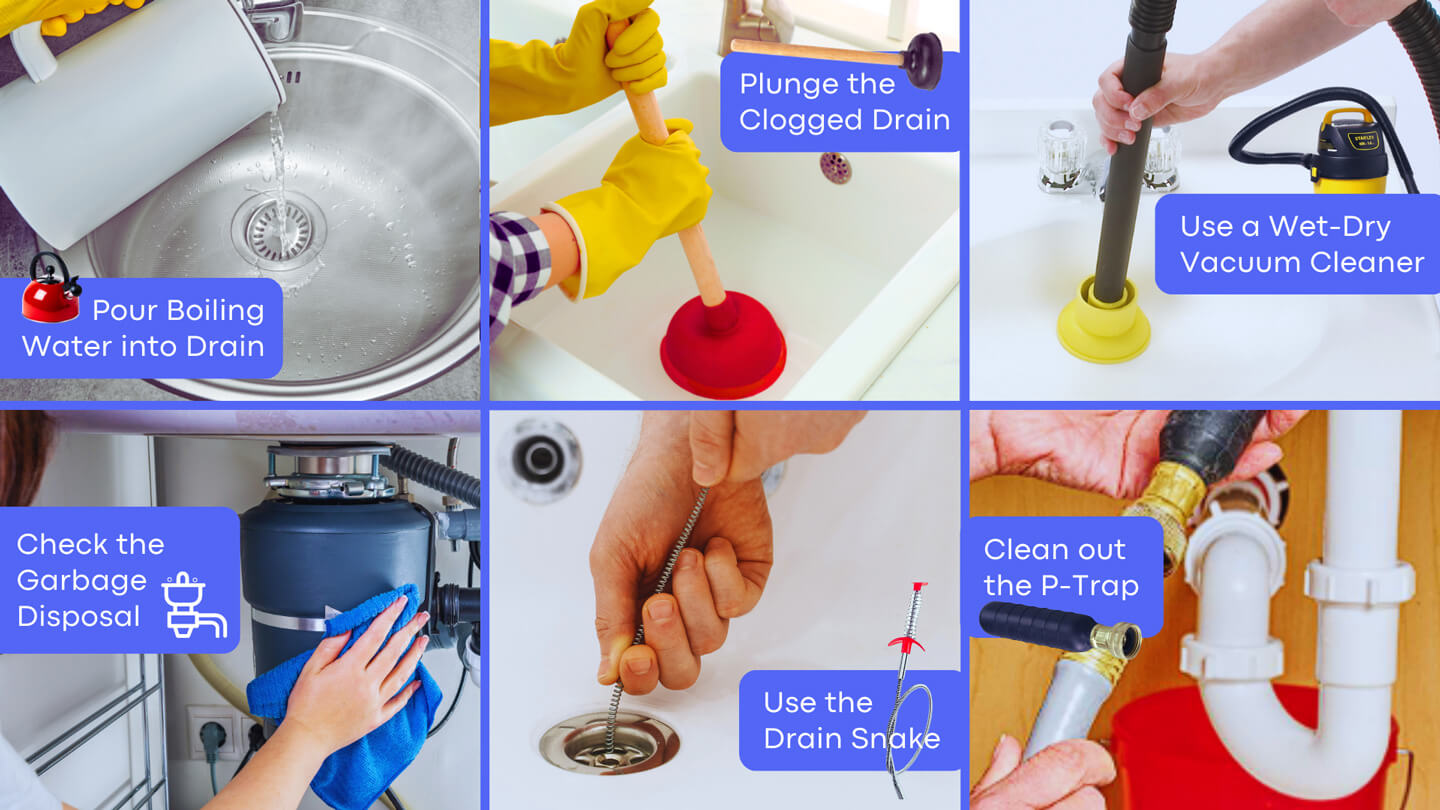
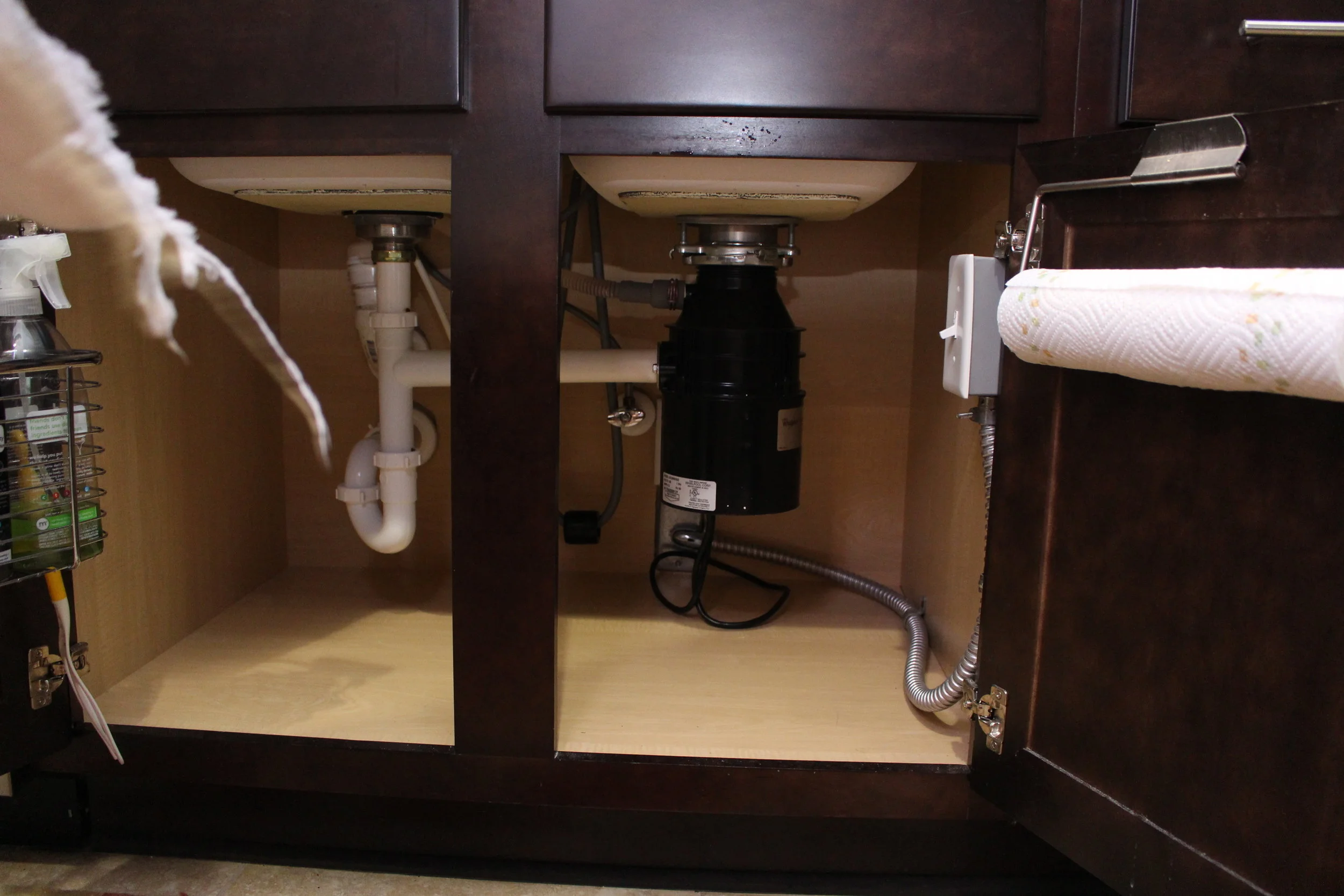





/signs-of-a-sewer-drain-clog-2718943_FINAL-7306dab348804135897b63a4411cdfdf.png)







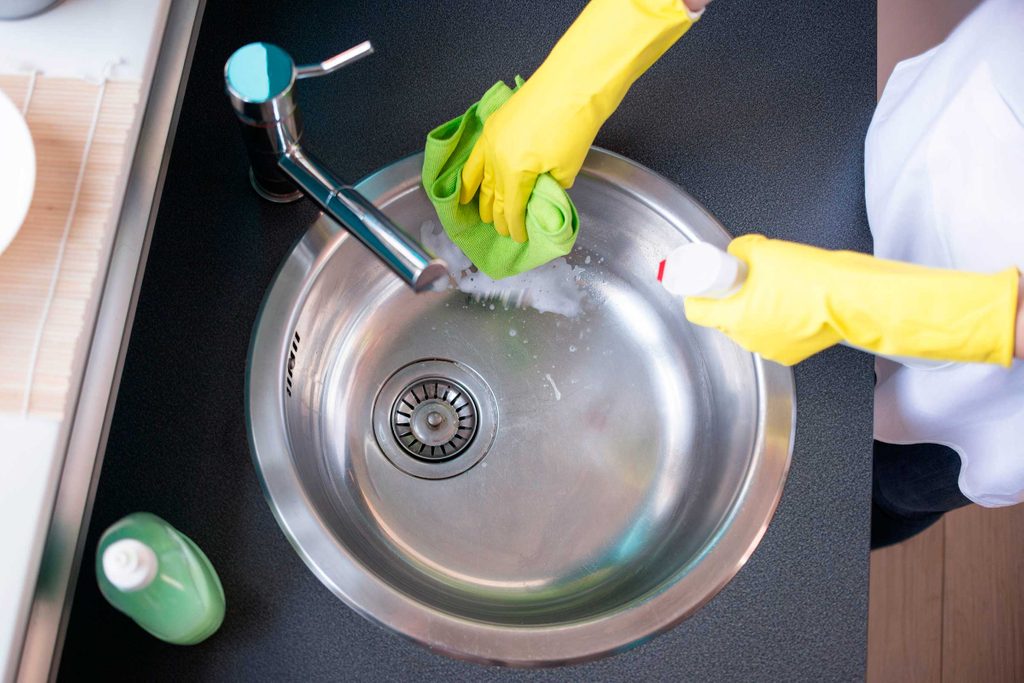
:max_bytes(150000):strip_icc()/freshen-and-unclog-drain-with-baking-soda-1900466-22-bbf940b70afa4d5abef0c54da23b1d3f.jpg)
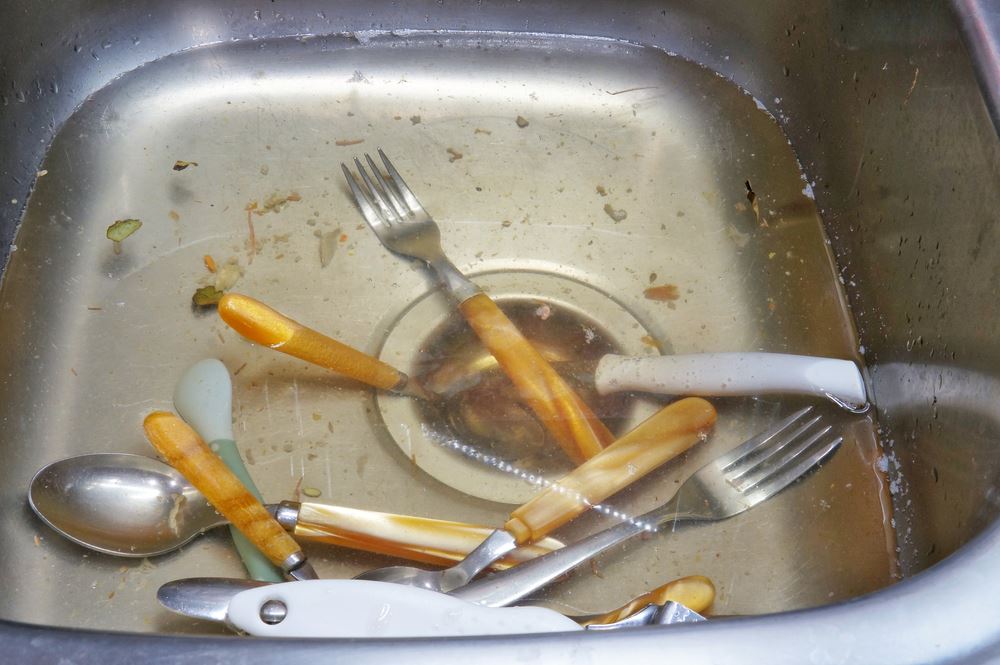
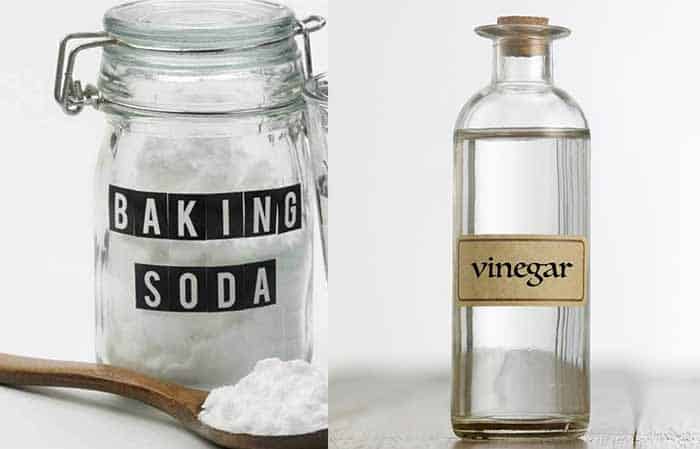
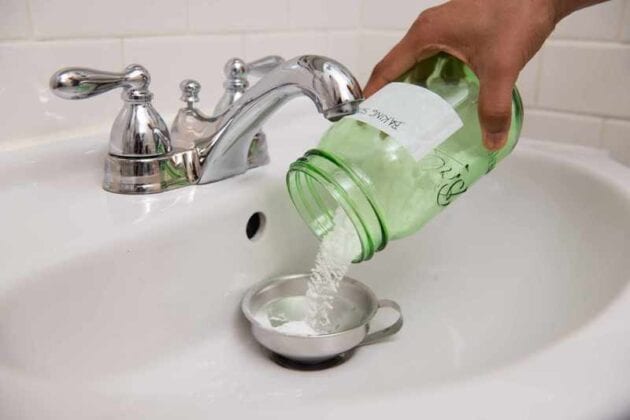

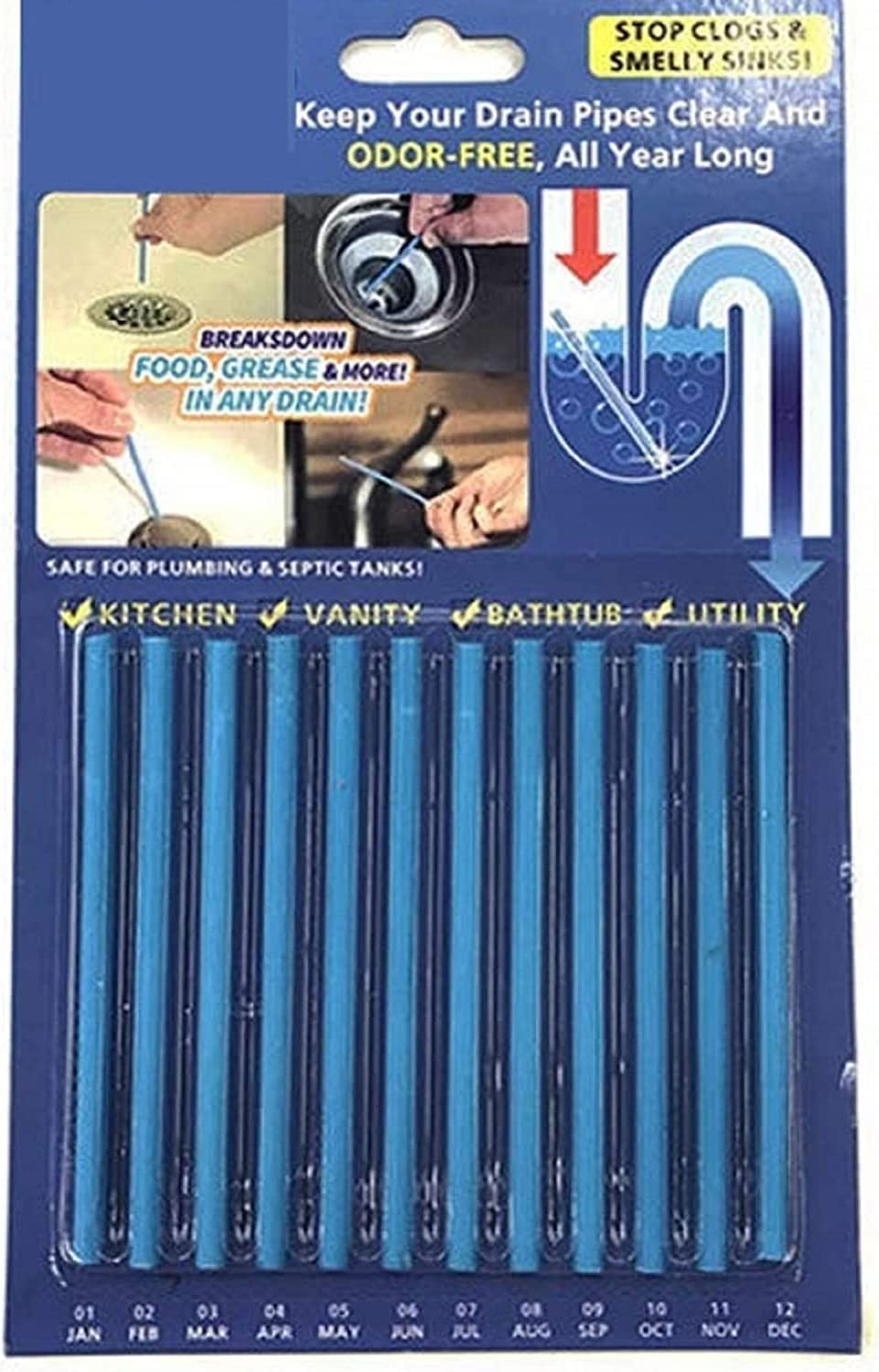


/how-to-install-a-sink-drain-2718789-hero-24e898006ed94c9593a2a268b57989a3.jpg)
